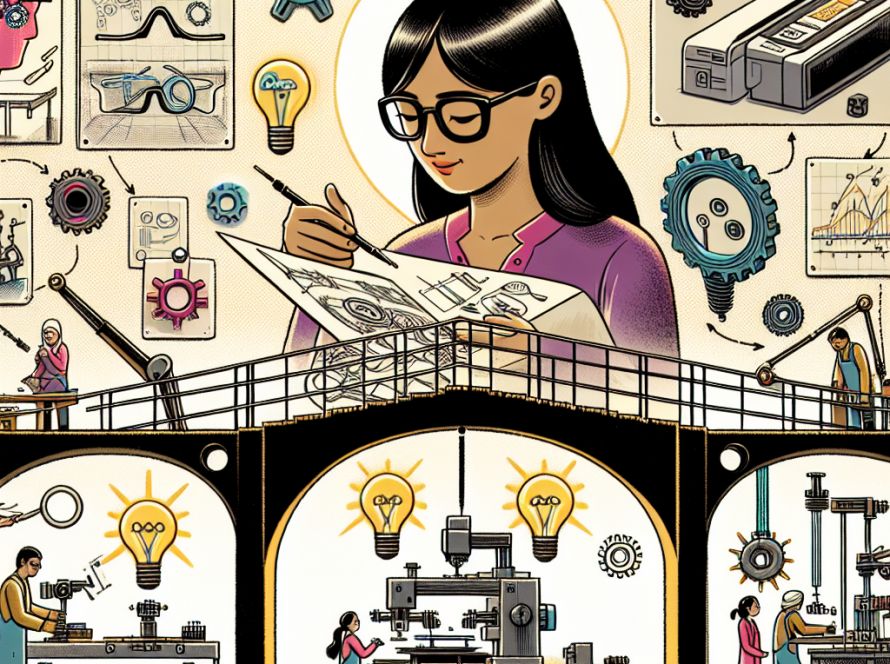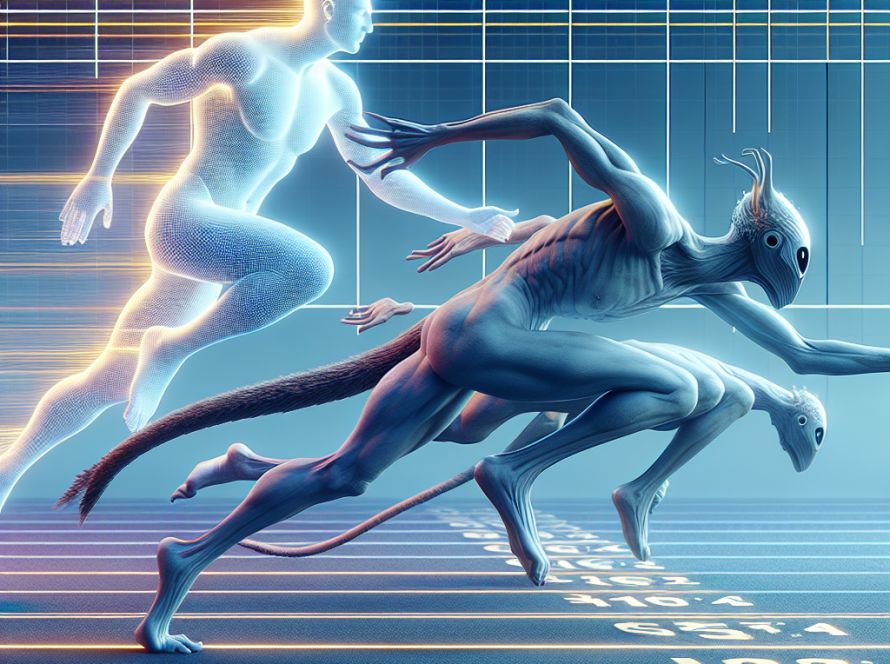Over 200 artists, including famed individuals such as Billie Eilish, Nicki Minaj, Pearl Jam, R.E.M, Chase & Status, and Jon Bon Jovi, along with the Artist Rights Alliance, have collectively voiced concern over the increasing influence artificial intelligence (AI) has over the music industry. They argue that the flagrant use of AI by tech companies has eroded the rights of performers, threatening human creativity and the professional artistry that characterizes the music ecosystem.
Their collective letter calls upon stakeholders in AI and the music industry to refrain from developing or deploying AI music-generation technologies, which they argue could replace human artistry or deny fair compensation for creators. The artists and the Artist Rights Alliance accuse powerful tech entities of employing AI to train models without consent from creators, effectively attempting to replace human-created art with AI-generated sounds.
These accusations are aimed at several industry players. TikTok, for example, has been using AI music creation tools, effectively bypassing payments to artists. Universal Music Group (UMG) has withdrawn its catalog in response, accusing TikTok of shortchanging artists. Google is another alleged offender, as it’s reportedly developed a text-to-audio model trained on a vast collection of music from major labels, without permission from copyright holders.
Also under scrutiny are existing AI music platforms such as Suno and Limewire, which generate high-quality audio from text prompts and reputedly produce copies of renowned melodies and lyrics. Ed Newton-Rex, an AI aficionado and advocate for ethical generative AI use, demonstrates Suno’s capabilities by inputting select prompts that result in outputs resembling copyright-protected material.
Generative AI has expanded from handling text to managing more complex media formats like audio and video. However, it carries a risk of violating copyrights. If AI companies fall foul of industry behemoths like Disney or Universal, or attract negative press from stars like Taylor Swift, a legal storm could ensue.
This highlights the potential drawbacks of AI’s burgeoning influence on the music industry. The issue revolves around which rights the artists retain with their music and creations, and how AI’s impact on said creations will be legally managed. Some pressing questions include whether copyright lawsuits will be launched against AI companies like Suno, or whether people will attempt to push AI-generated music without clear authenticity onto popular streaming platforms like Spotify. The consensus among those objecting to AI’s influence is clear – it’s not a matter of if, but when these issues will come to a head.


